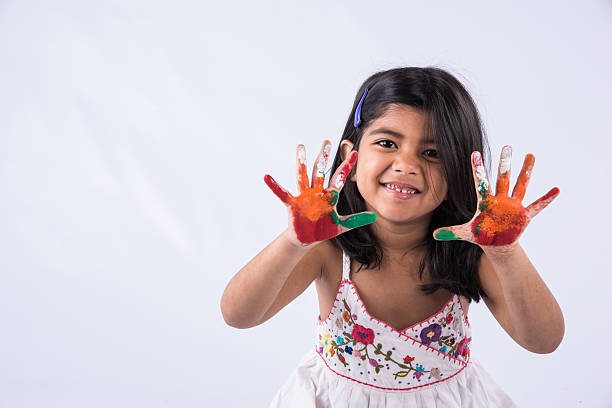The United Nations International Children’s Emergency Fund (UNICEF) is a unique United Nations programme that operates for the common health and well-being of children and mothers in need across the globe.
UNICEF is an agency under the United Nations responsible for providing humanitarian and developmental aid to children worldwide. The agency is among the most widespread and recognizable social welfare organizations in the world, with a presence in 192 countries and territories.
UNICEF’s activities include providing immunizations, disease prevention, administering treatment for children and mothers with HIV, enhancing childhood and maternal nutrition, improving sanitation, promoting education, and providing emergency relief in response to disasters.
UNICEF works in the world’s toughest places to reach the most disadvantaged children and adolescents to protect their rights. UNICEF works to help children survive, thrive, and fulfil their potential, from early childhood through adolescence.
UNICEF protects children and adolescents from violence and exploitation and is the world’s largest provider of vaccines. It supports child health and nutrition, safe water and sanitation, quality education and skill building, HIV prevention and treatment for mothers and babies. UNICEF as always been neutral when it comes to defending children’s rights and safeguarding their lives and futures. UNICEF is on the ground, bringing life-saving help and hope to children and families.
UNICEF’S MISSION
- UNICEF is mandated by the United Nations General Assembly to advocate for the protection of children’s rights, to help meet their basic needs, and to expand their opportunities to reach their full potential.
- UNICEF strives to establish children’s rights with enduring ethical principles and international standards of behavior towards children, guided by the United Nations Conventions on Rights of the Child (UNCRC). UNICEF insists that the survival, protection, and development of children are for the universal development to ensure human progress.
- UNICEF ensures a “first call for children” and builds their capacity to form appropriate policies and deliver services for children and their families by mobilising political will and material resources to help countries, particularly developing countries.
- UNICEF is committed to ensuring special protection for the most disadvantaged children: victims of war, disasters, extreme poverty, all forms of violence and exploitation, and those with disabilities.
- UNICEF facilitates for rapid response available to its partners to relieve the suffering of children and those who provide their care. UNICEF responds in emergencies to protect the rights of children. In coordination with United Nations partners and humanitarian agencies, UNICEF is non-partisan, and its cooperation is free of discrimination. In everything it does, UNICEF prioritizes the most disadvantaged children and the countries in greatest need.
- UNICEF aims, through its country programmers, to promote the equal rights of women and girls and to support their full participation in the political, social, and economic development of their communities.
- The United Nations Relief and Rehabilitation Administration created the International Children’s Emergency Fund (ICEF) to help children affected by World War II. UNICEF collaborates with these agencies for attaining sustainable human development goals adopted by the world community.
UNICEF has been working tirelessly for child rights and the well-being of every child since 1975. UNICEF relies on millions of supporters to help make a difference in the lives of children.
UNICEF’s projects in water, sanitation, and hygiene seek to reduce preventable childhood diseases and deaths. It also campaigns to eradicate Yaws, Leprosy and Trachoma are highly effective.
Communities under UNICEF, are trained in vegetable gardening, fishing, pond management, poultry and livestock breeding, and receive education about nutrition.
The World Summit for Children, convened by UNICEF in 1990, brought together an unprecedented number of heads of state to rally around the cause of children and adopted the Declaration on the Survival, Protection, and Development of Children.
As the COVID-19 Pandemic gripped the world, UNICEF played a key role in the United Nations’ global response to the crisis by distributing the COVID-19 vaccine via COVID-19 Vaccine Global Access Facility (COVAX).
Throughout its history, UNICEF has been working to drive change for the most disadvantaged children. Today, UNICEF continues to work to promote the rights and well-being of children everywhere.
We at The Child Foundation will offer our services to the UNICEF when they call for volunteers to aid and assist them in fulfilling their goals.
